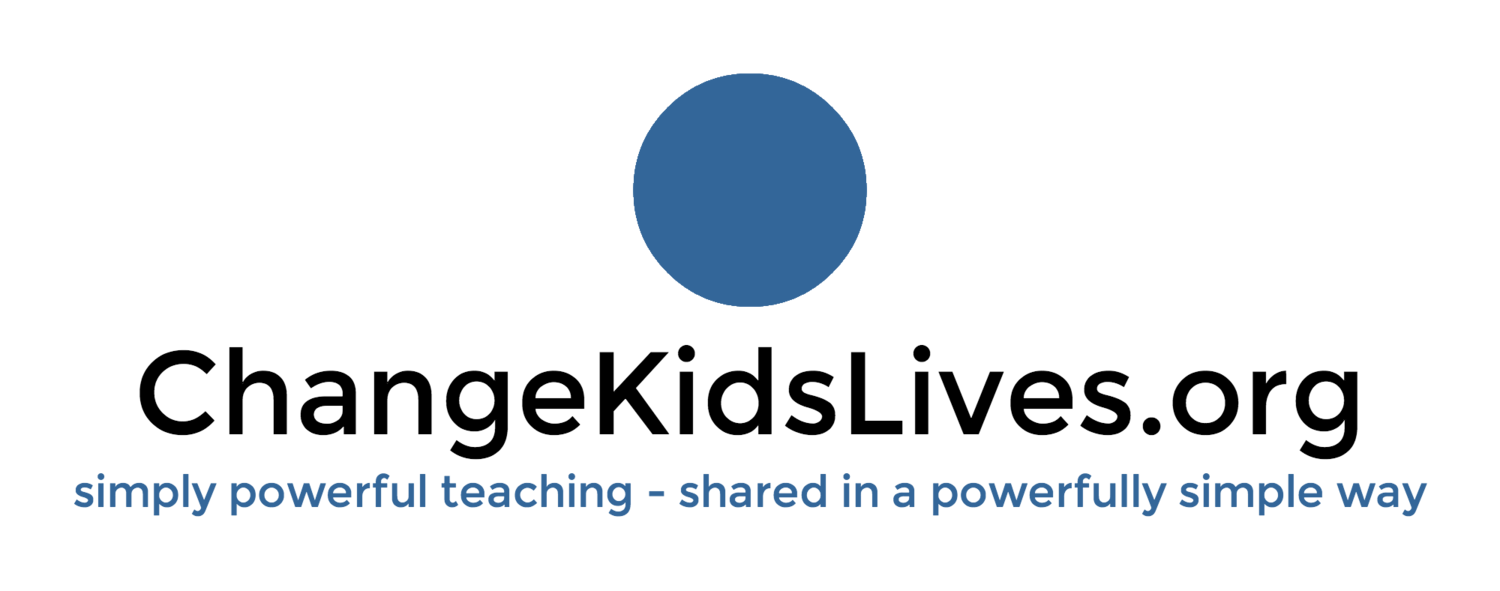The Essentials For Ending Our Lessons Well
simple truth:
How a lesson ends is an often overlooked, yet powerful component of learning.
research tells us:
Regardless of our good intentions, how many times do we find ourselves at the end of the lesson with little or no time left to effectively conclude the students' learning? Looking up at the clock, we may get flustered and tell our students to stop talking so we can quickly cover this last material before they head to lunch. In reflection, we can be confident that the last material rushed through and "taught" will unlikely be remembered long. Instead, we should consider being much more deliberate with how we complete each lesson by implementing higher level summarization strategies. "When students summarize, they must sort, select, and combine information, which can lead to increased comprehension (Dean, Hubbell, Pitler, & Stone, pg. 78)." While consistently providing short summarization and review opportunities at the end of every lesson may initially seem like a waste of instructional time, the enhanced levels of student comprehension can actually save us time in the future due to less reteaching of past material.
try this:
Be proactive and set a timer or alarm that reminds us to effectively implement summarization at conclusion of each lesson
Encourage higher order thinking by having students share their learning in their own words through conversation, writing, or both
Provide an intriguing prompt that allows students to connect the lesson's content to their own life, thus making the material more relevant
Have students share with a partner 2-3 major points of interest from the lesson's content, then choose several students to share aloud to the class
Challenge students to connect this new material to information learned in previous lessons and to make predictions on how it will apply to future lessons
watch this:
review & share this:
For additional reading and referenced research, click here.


